Property investing has always been an attractive avenue to grow and diversify your investment portfolio. (As a recap, an investment portfolio is just a group of financial investments that you own. For example stocks, bonds, commodities and cash.)
In the UK this is commonly done though purchasing a buy-to-let property. As the name suggests, a buy-to-let property is one that you buy not to live in but to rent out. Many people assume that they’ll make money by renting the property out to tenants.
Many people prefer it to investing in stocks and shares as it’s a tangible asset, so they find it easier to understand.
But, it’s important to carefully consider a few different things when investing in property. For example, there are different rules for purchasing investment properties than properties you live in.
- The minimum deposit when buying a property to let is usually 25% of the property value. That’s a much bigger upfront payment than if you’re investing in stocks and shares.
- Buy-to-let mortgages can be difficult to get and are more expensive than homeowner mortgages. Higher interest rates could also make the investment not profitable to begin with. So it might take some time for you to start earning extra money with this.
- You’ll need to pay an extra 3% surcharge on stamp duty on top of the standard charges.
- It’s a good idea to have savings of at least 6 months of mortgage payments and maintenance costs. This is called a buffer fund and will help you cover costs if the property is vacant for some time if you can’t find a tenant to rent it.
- Owning a property can be a lot of work. You also need to think about the time and cost required as a landlord to maintain the property and fix any issues raised by tenants.
- You’ll need to factor in income tax on rental profit you receive from your rental property. Rental profit is what you’re left with after you’ve added your rental income and subtracted any allowances and expenses you have from renting the property. The rental profit is taxed at the same tax rate as your employment income. Your rental profits get added to any other income you earn, which means you could get pushed into a higher tax bracket. It’s best to speak to a tax adviser to understand what your tax costs would be in this kind of scenario.
- Finally, house prices can go up as well as down. If your property has gone up in value, you’d also be subject to capital gains tax. For properties, you’d pay 18% capital gains tax as a basic rate taxpayer versus 10% for other assets, and 28% capital gains tax as a higher rate taxpayer versus 20% for other assets.
As with any investment, it’s important to make sure that the type of investment you’re choosing is right for you and your situation. Tax rules can change so make sure you’re up to date with the latest information before making a big decision like investing in a buy-to-let.
